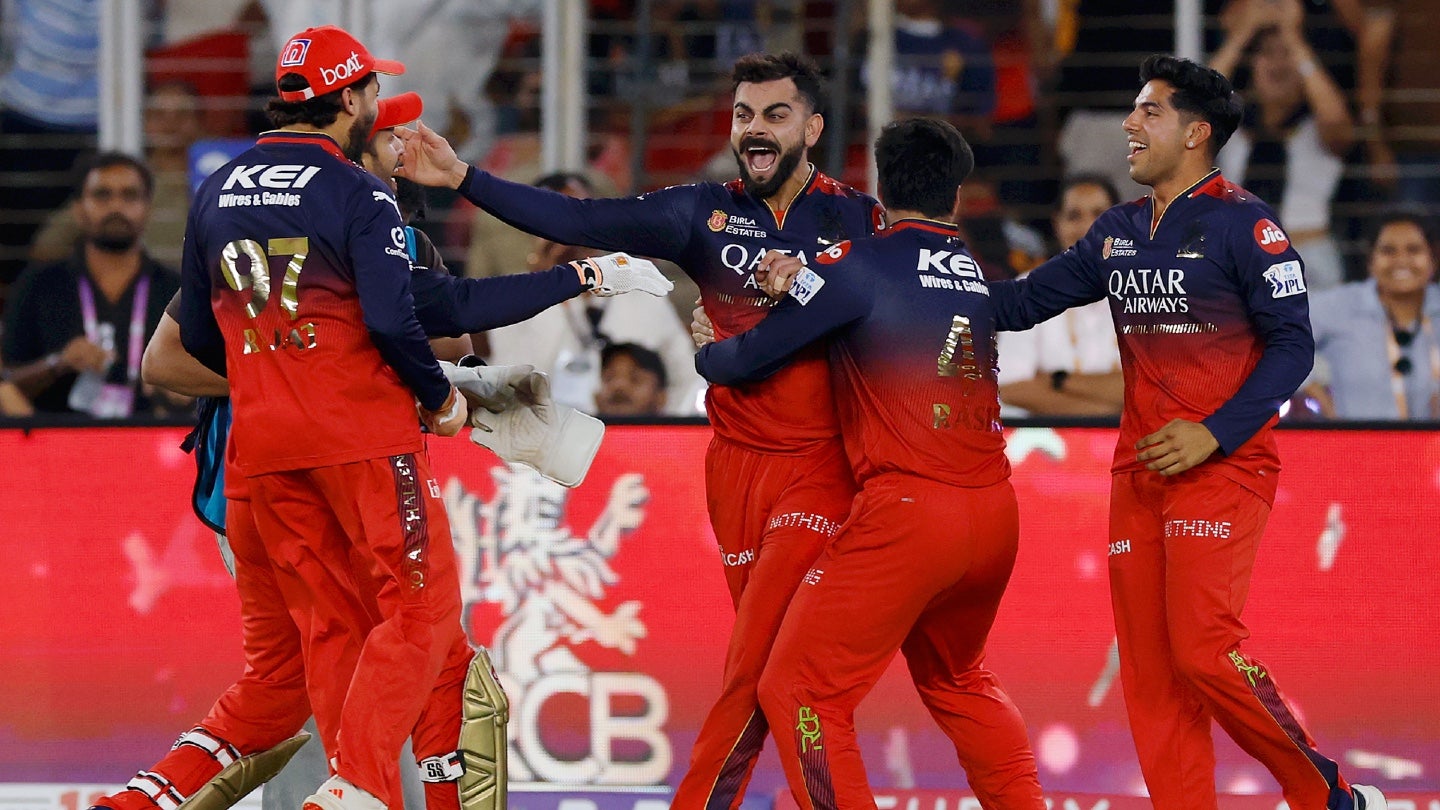
JioStar, the heavyweight Indian media and entertainment group, secured strong revenues and profit during the first quarter (Q1) of its 2025-26 financial year.
The broadcast group (owned by Reliance Industries, which finally merged its Viacom18 and Jio assets with Disney Star late last year, after a long-running saga) holds rights to a wide range of top-tier sporting properties, and secured revenue of $1.3 billion during the three months running through to June 30. This is up from $1.28 billion during the equivalent period last year.

Discover B2B Marketing That Performs
Combine business intelligence and editorial excellence to reach engaged professionals across 36 leading media platforms.
Post-tax profit came to $67.4 million, more than doubling year-on-year from the Q1 2024-25 figure of $26.6 million, while operating revenue came to $1.11 billion.
Earnings before interest, taxation, depreciation, and amortization (EBITDA), meanwhile, came to $118.1 million during Q1, up year-on-year from $89.9 million.
In terms of viewing figures during the quarter, the JioHotstar streaming service averaged over 460 million monthly users, also moving past 1.04 billion downloads on Android.
During the 2025 Indian Premier League (IPL), the iconic annual men's cricket competition that typically runs between March and May, JioHotstar reached 652 million viewers with its coverage. That equates to a 28% year-on-year increase, with the final of this year's tournament becoming the most-watched cricket match ever in terms of a digital audience.

US Tariffs are shifting - will you react or anticipate?
Don’t let policy changes catch you off guard. Stay proactive with real-time data and expert analysis.
By GlobalDataFor that clash, in which the Royal Challengers Bangalore came out on top over the Punjab Kings, securing their first IPL title in the process, the 'peak concurrency' rate for streams of the game hit 55.2 million.
In total, across all JioStar platforms, this year's IPL was watched by 1.19 billion viewers.
For linear TV between April and June, meanwhile, the JioStar network reached over 800 million during the quarter, it has claimed.
Mukesh Ambani, the Indian billionaire who owns Reliance Industries, has said: "Reliance’s media business has emerged as a one-stop platform for entertainment, sports, and news content from all over the world. We will continue to enhance our suite of offerings across genres to cater to the discerning Indian audience."
Meanwhile, the legal wrangle between JioStar and Indian media conglomerate Zee Entertainment Enterprises, stemming from a dispute about broadcasting sub-license rights to International Cricket Council (ICC) tournaments, has intensified.
Zee, in its own Q1 financials release, has dismissed various allegations made by JioStar as "unfounded and legally not tenable."
This comes after JioStar raised the amount of damages it is claiming, up above $1 billion, with this escalation being unveiled in mid-June. Zee now has until August 8 to file a rejoinder to that claim with the London Court of International Arbitration.
The issue stems from a deal the two parties originally struck in August 2022, through which Star (as it was known previously) was meant to have granted exclusive sub-licensing rights for linear TV to Zee for all ICC events during the 2024-27 cycle. India is cricket's biggest and most passionate market, and media rights in that sport are highly sought-after.
The deal between Star and Zee would have seen the former network license out a package of rights to men’s ICC events during the 2024-27 cycle to Zee, across linear TV only – Star, the ICC rightsholder, would have retained digital rights to those events.
The ICC, in its original bidding documents for Indian media rights (which were eventually snapped up by Star for around $3 billion), had included a provision in its bid document that allowed the winner to sub-license a package to another party.
However, since a planned merger between Zee and the Sony Pictures Networks (SPN) operation fell through last January, there has been legal wrangling between the two. Over the last two years, Star has repeatedly stated that Zee owes money for breach of contract, to the tune of $203 million, while the sub-licensing deal between the pair was formally terminated last June.





